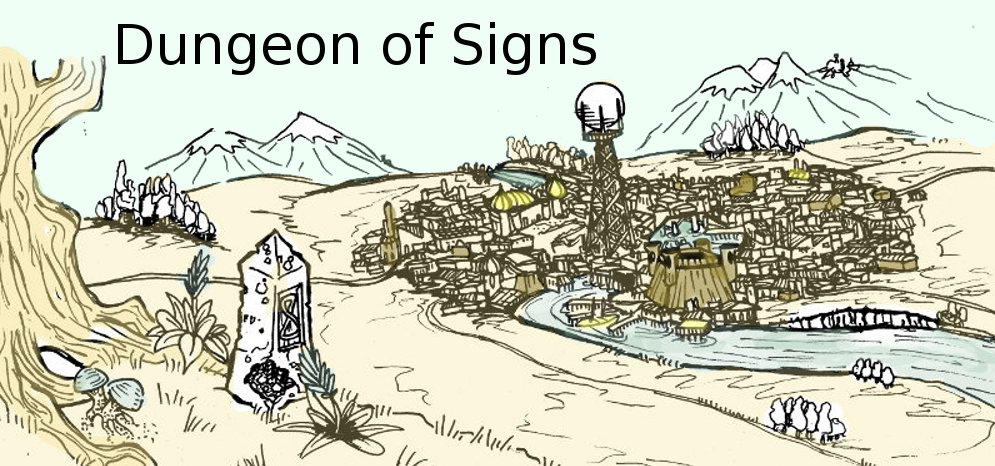WONDER & WICKEDNESS?
 |
| The Cover Includes this Cut Beastie |
So Brendan of Necropraxis
has released a product into the OSR o’verese, and this makes me very
happy. I can’t say this is a completely
non-biased review, as I have great fondness for Brendan as a creator of game
content, have played in many of his games and plunder his ideas with Mongol
like ferocity and persistence. All that
said I am not always a fan of every rule change Brendan proposes and his
relentless drive to pare everything down to its minimal mechanical elements (I suspect the
man may dream in game mechanics) doesn’t always gladden my drunken baroque
heart, so I feel I can pass judgment on Wonder & Wickedness as it is deserved in this
review. I paid full price for the product (as I tend to do), so it’s not as if my ethics have been suborned by the
offer of free game product (could they be?
I really doubt it).
WHAT IS IT?
Wonder & Wickedness is
effectively a modular "bolt on" spell system for your older style fantasy roleplaying
game, composed of unleveled spell lists and an efficient minimalist approach to
gaming magic that emphasizes the fictional idea of magic as inherent
creepiness, chaos and corruption while trying to use the most elegant
and simple rules possible. It’s some
spell lists, a magic system, magic items and an ethos. Wonder & Wickedness would likely work best for a game based around OD&D power levels and
mechanics, but is not exclusive to any system. The book is
also worth reading for other fantasy games, because mechanically it’s simple and
evocative, meaning those who prefer more mechanically complex systems may have
to adapt it, but they won’t find anything that is tied to another system and will
find plenty of good ideas about running magic as a scary, powerful art with a
distinct undertone of mystical foulness.




